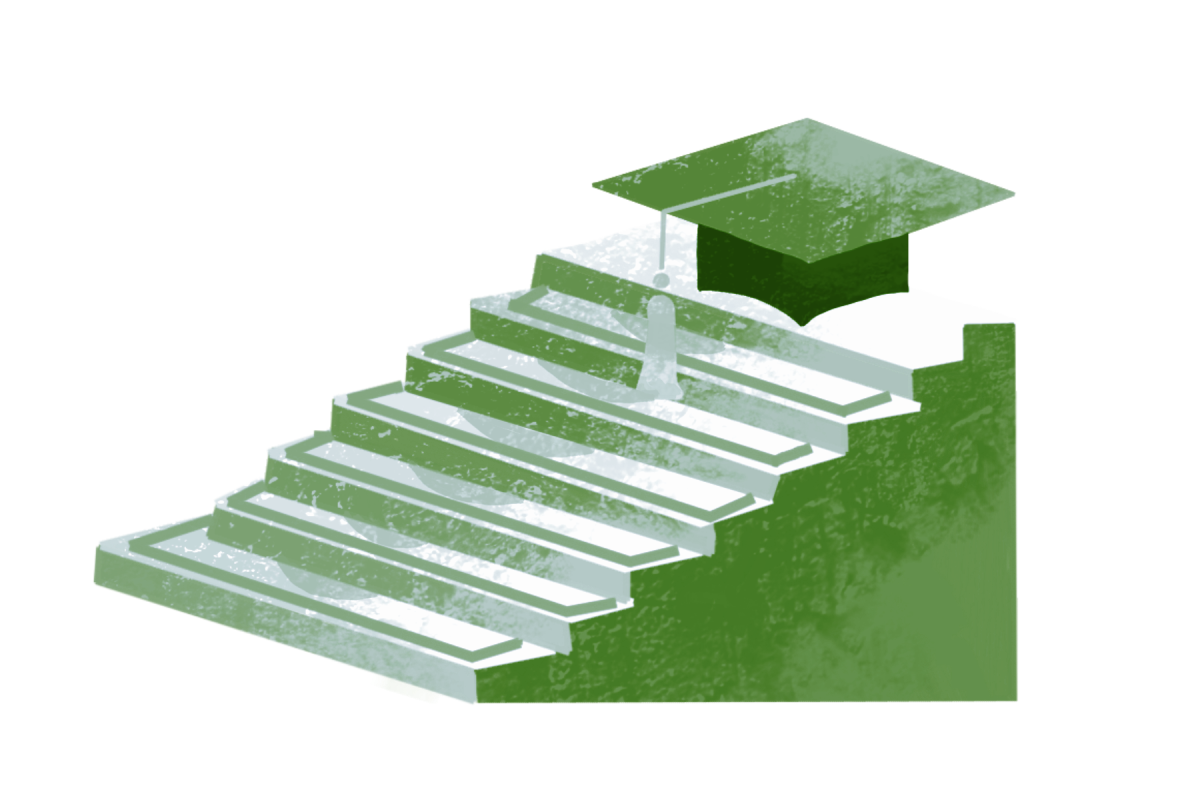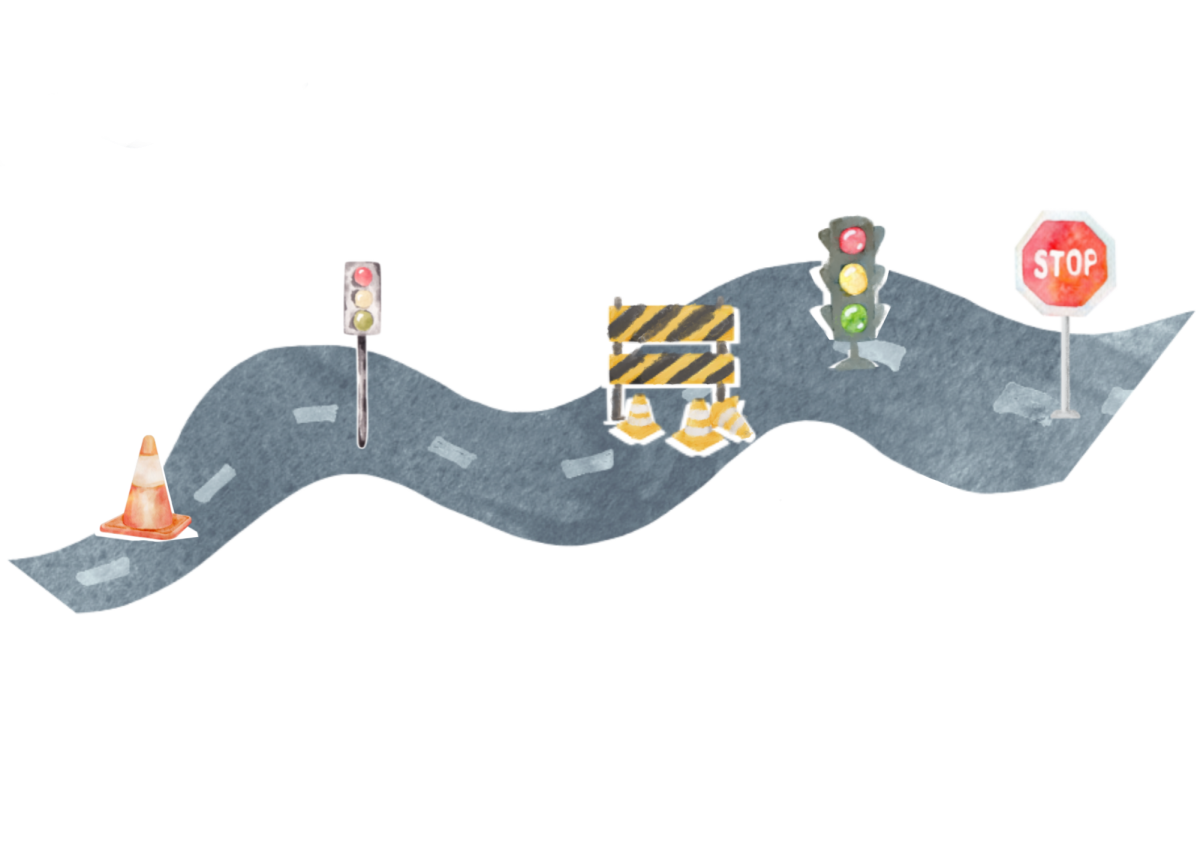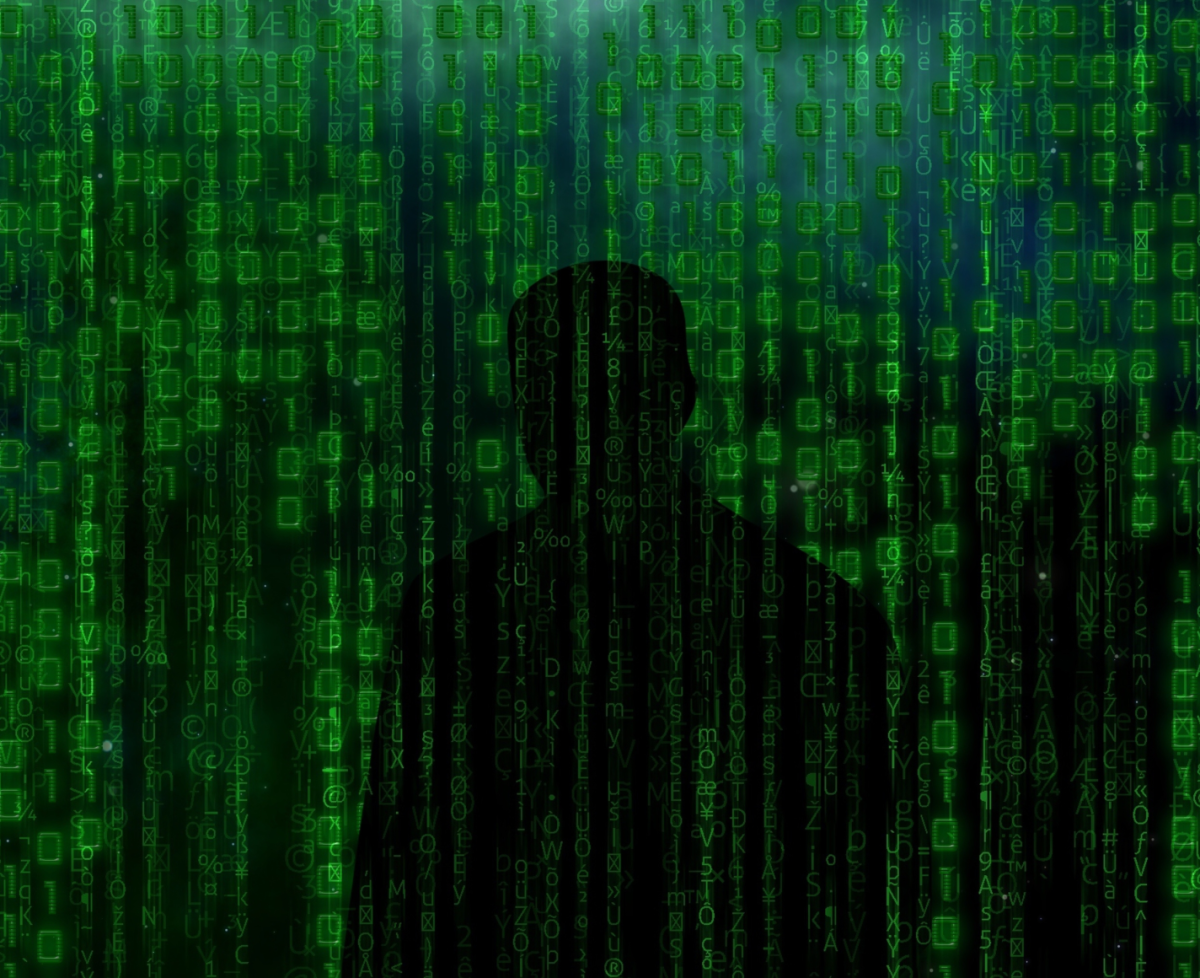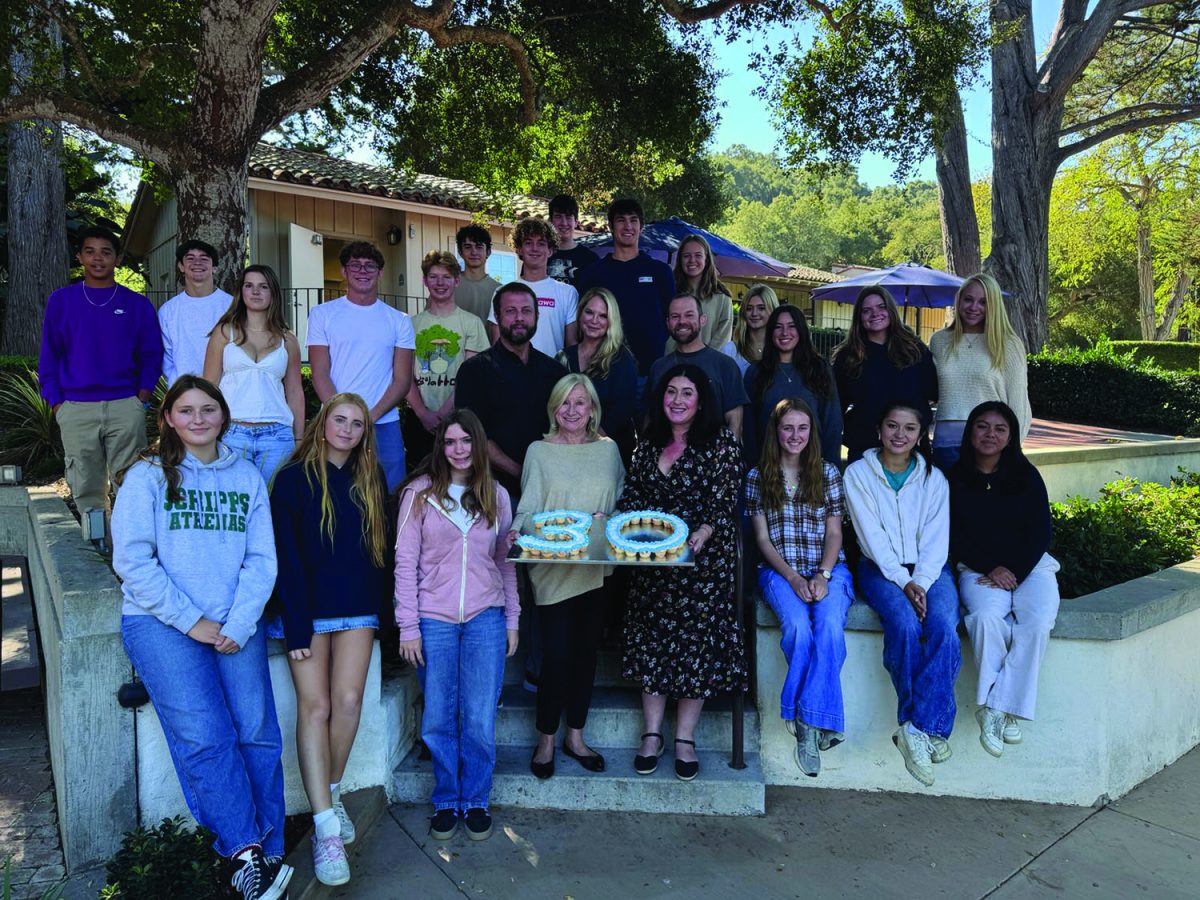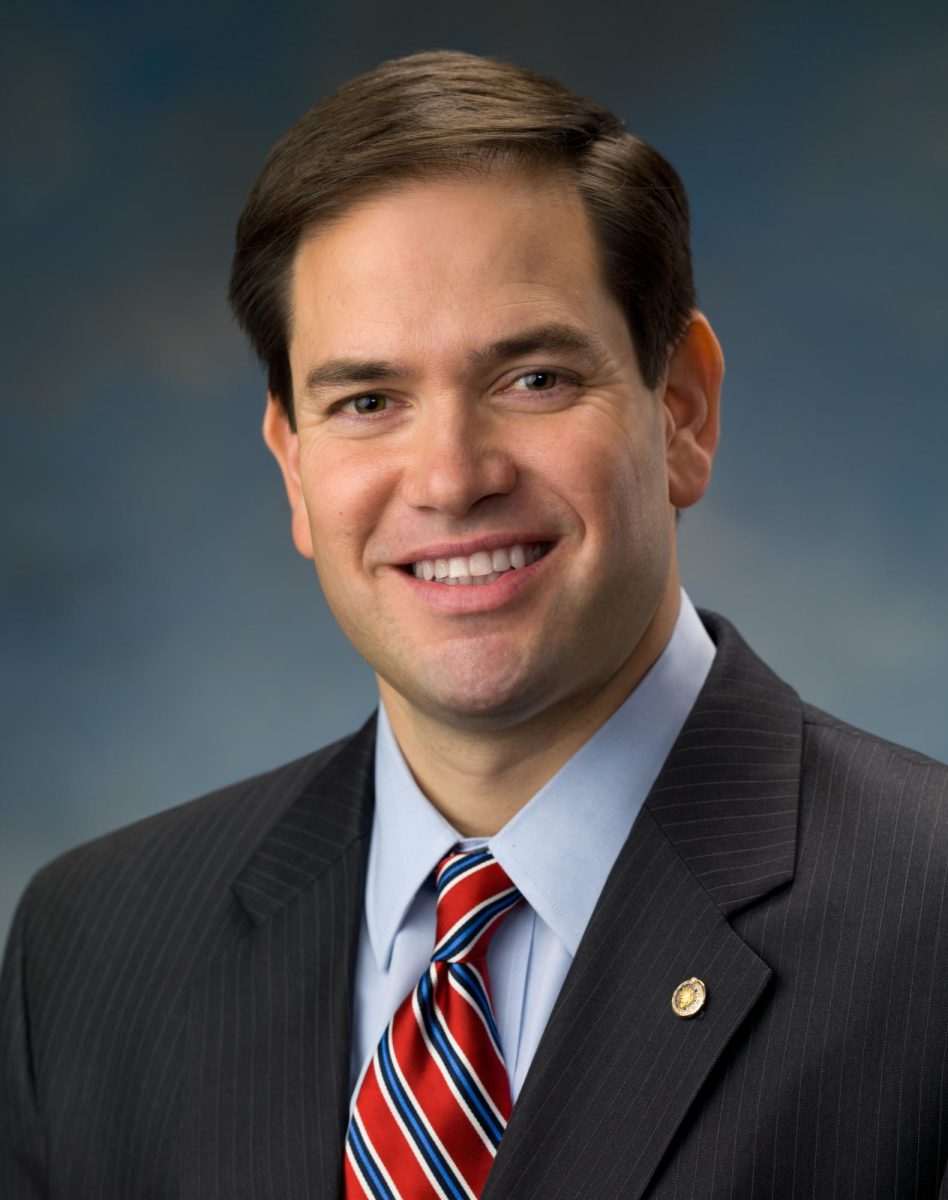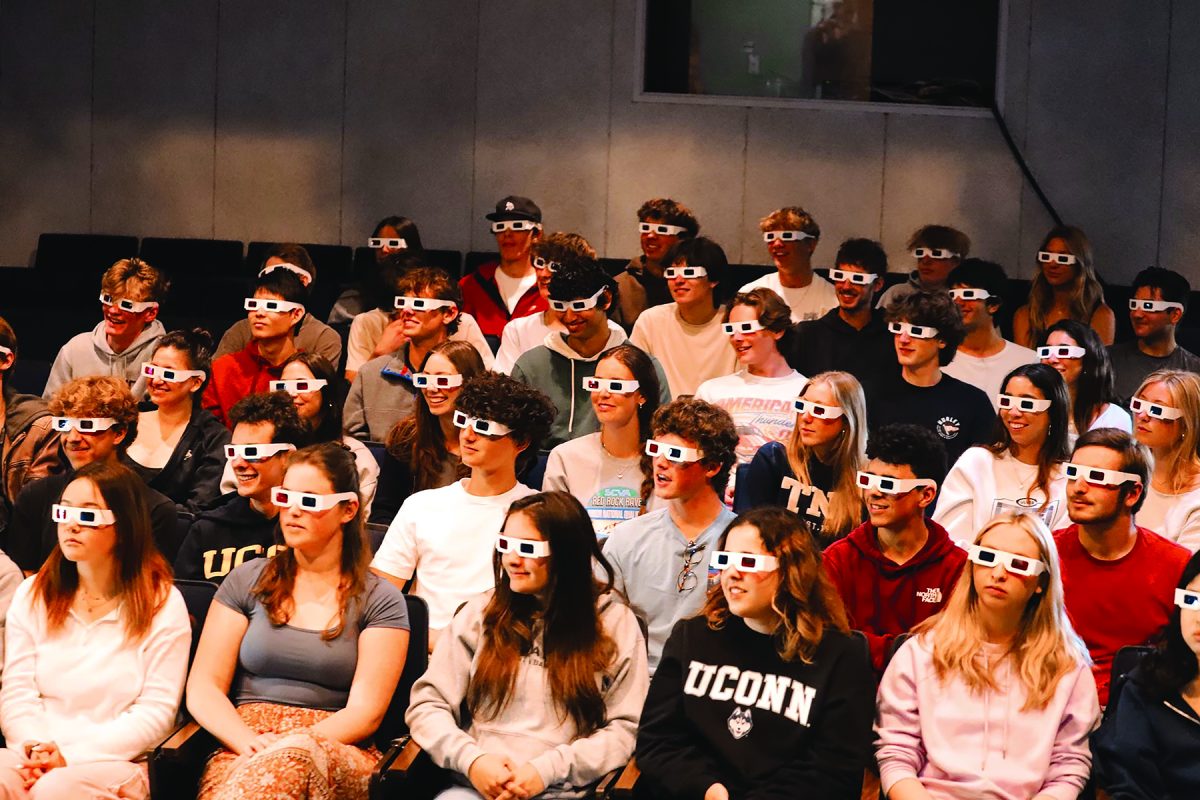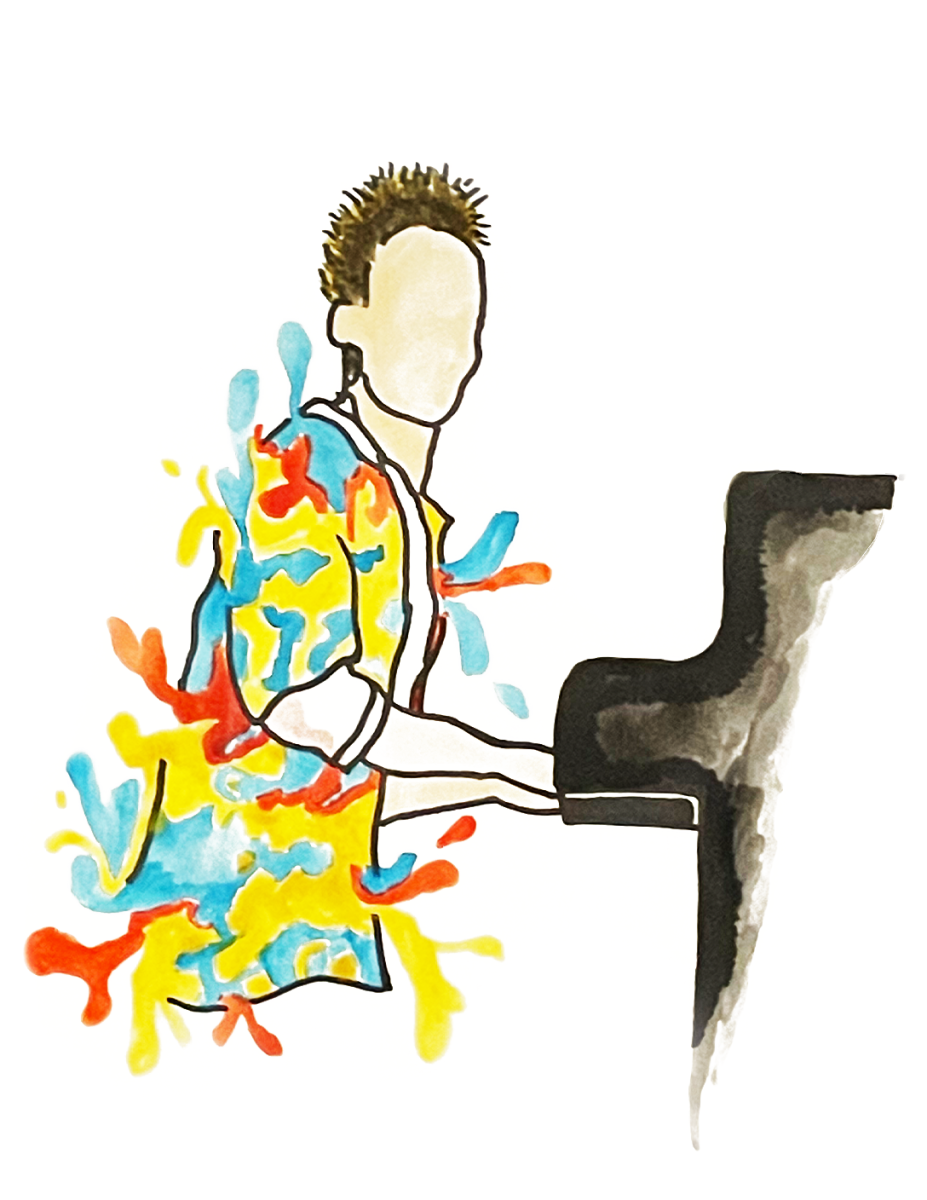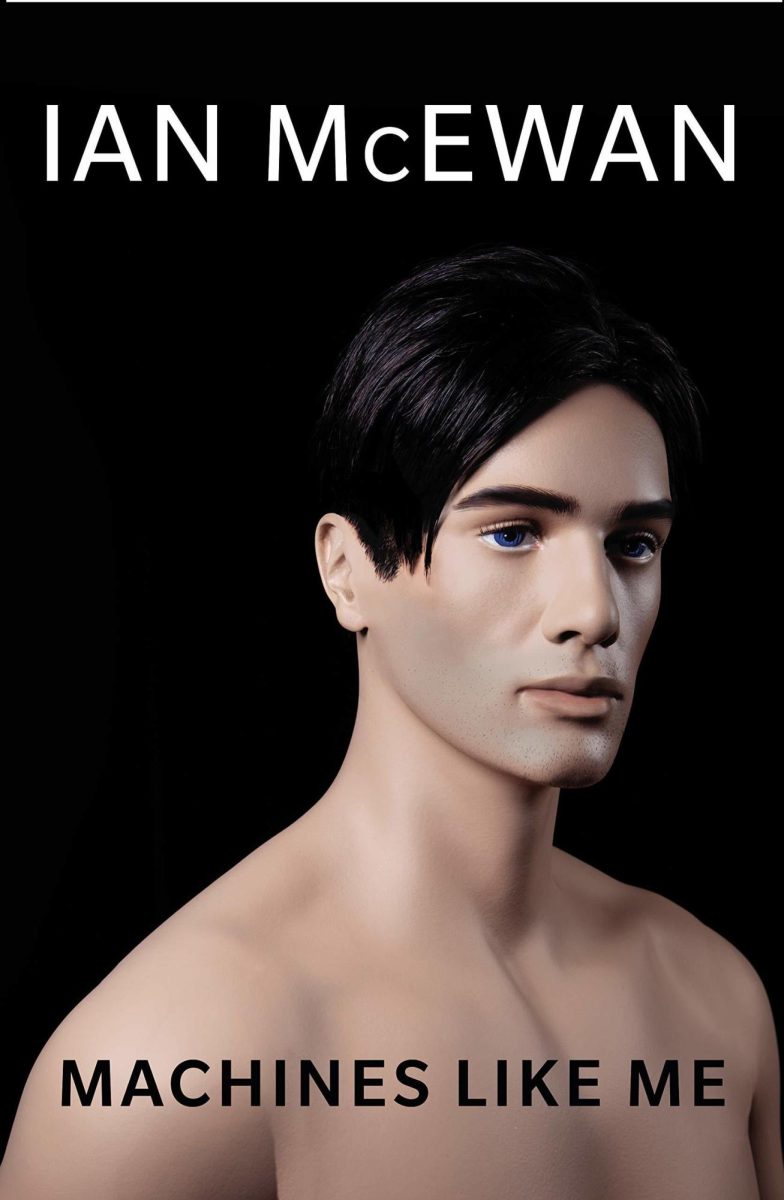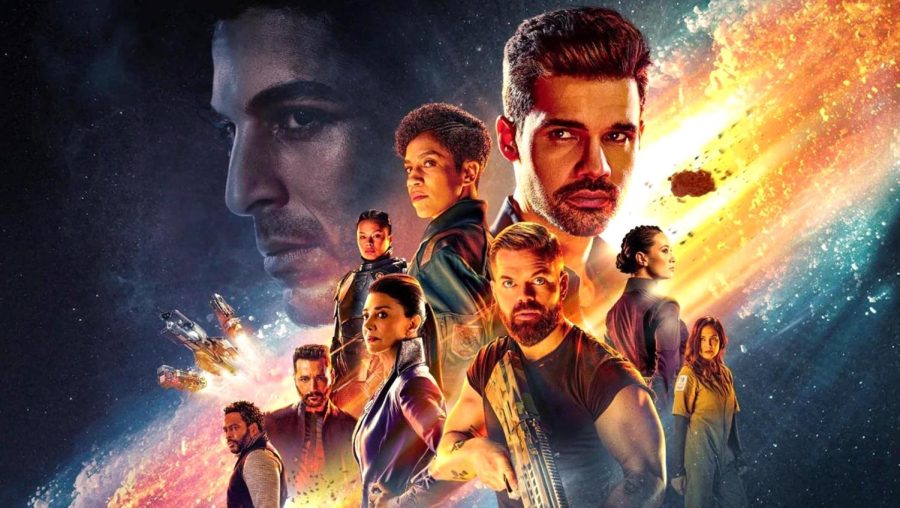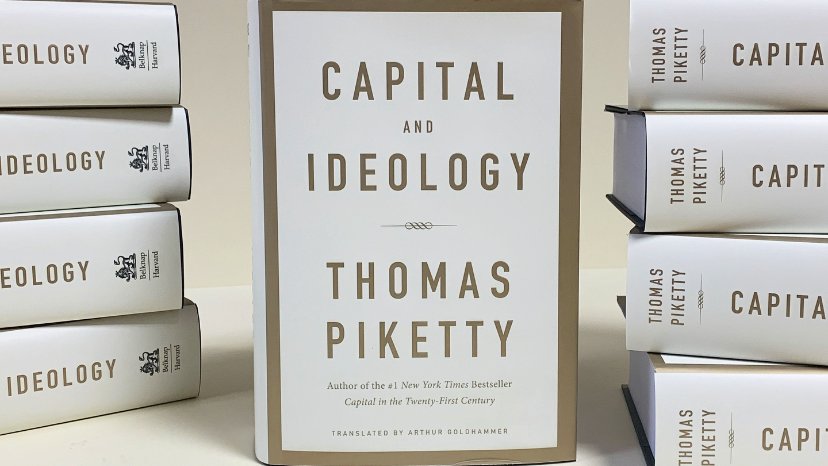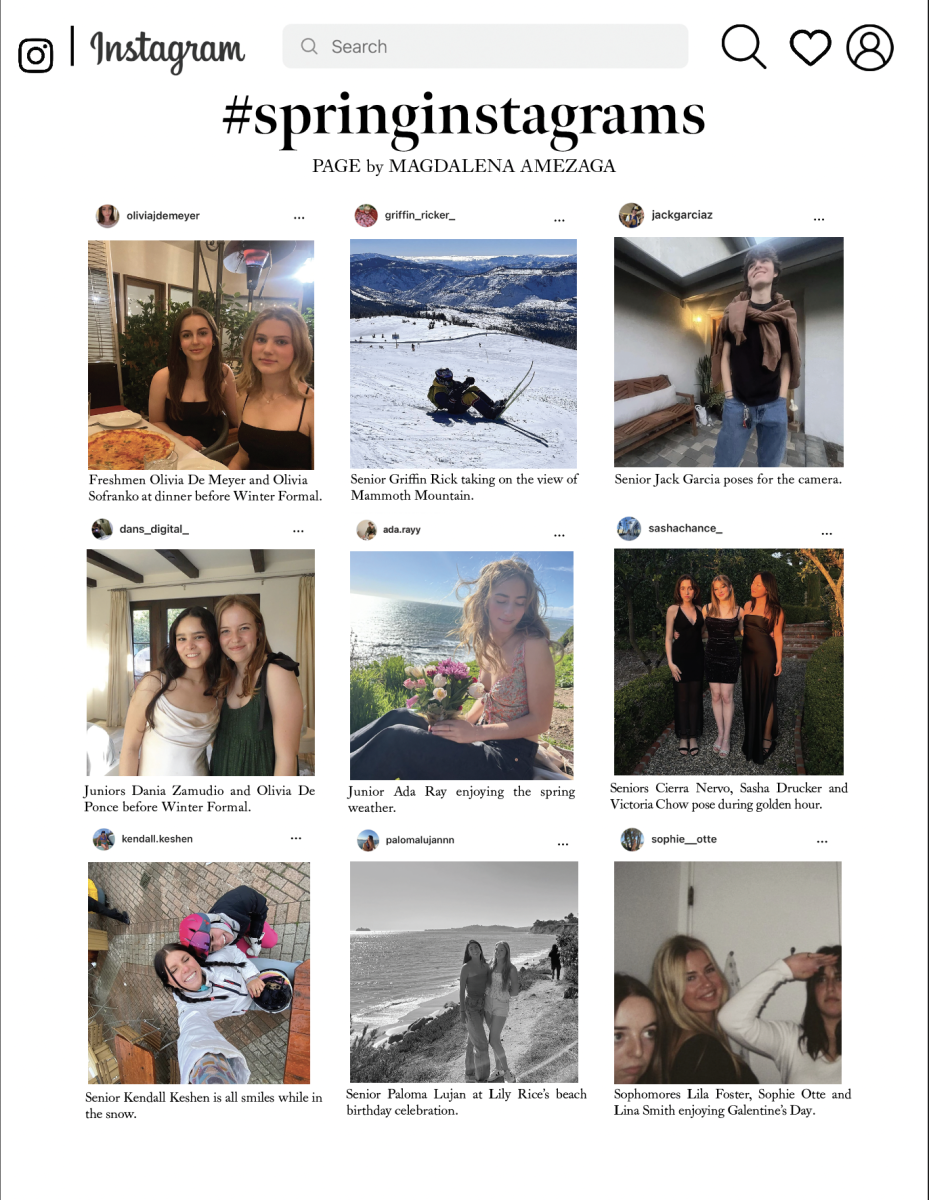Throughout the years, teenagers have evolved into a retrospectively condemned generation marked by endless criticisms of our socially irresponsible behavior.
In fact, the modern teenager seems to have justified playing hooky, talking back to parents, and attending parties where drugs and alcohol are present.
It’s no wonder that adults view “Generation Gimme” as a reckless bunch; especially since fatal car accidents, alcohol poisoning, and drug overdose are receiving more attention from the press.
Let’s face it – we often regard social acceptance as our top priority, and as a result, we tend to direct our attention away from the consequences of our actions.
However, while it is not easy for parents to identify the positive aspects of teenagers’ reckless behavior, David Dobbs’ National Geographic essay “Beautiful Brains” shows a different side of the teenage brain and explains that “without them, humanity might not have so readily spread across the globe…Engage them during adolescence, and you light a fire.”
Adolescent brains, while reckless, also bring the change and progress that created the world we live in today.
“The adaptive-adolescent story casts the teen less as a rough draft than as an exquisitely sensitive, highly adaptable creature wired almost perfectly for the job of moving from the safety of home into the complicated world outside,” says Dobbs.
I find it fascinating that the brain is perfectly wired to adapt to major events in our lives.
Specifically, how our surrounding environments slowly influence our brains throughout high school so we can prepare to move away from home and into a university.
The brain develops at a rate that allows us to be prepared to tackle the lives ahead of us and help the world advance.
What does this mean for the parents of teenagers? Should they sit back and use the hands-off approach in the hopes that their teenagers will make a positive contribution to society?
Or should they play the role of the protective parent and guard their children from the dangers of the world?
Either way, we need to remember that while it may be scary to even think of entrusting your child in a world full of danger, hurt, and false hopes, it’s also necessary to keep in mind that they hold the future in their hands as tomorrow’s leaders.
With post-high school education enrollment at its peak, it’s obvious that our generation is intelligent; with the increasing availability of youth leadership programs, our generation is beginning to see how great of an impact we can make on the world.
We have the power to shape our world into the place we want it to be – all we need now is enough support to do so.
But, with new information becoming available through imaging studies, scientists now know that the brain, once thought to have finished developing by the end of the preteen years, continues to develop through the teenage years. With breakthroughs being made daily, we can hope that someday we will figure out the cause of teenage recklessness and how it truly affects our world.
But for now, let’s embrace the power we have to break down stereotypes and prove ourselves as the influential people we really are.

